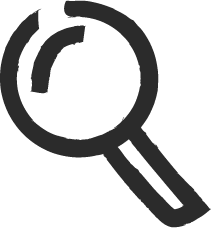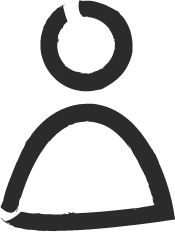The health Benefits of Turmeric are being researched all the time and new findings are appearing at every turn. It is well known that Brits love Indian flavours and now the word is spreading that turmeric does more than just colour your curry. We are huge curry fans, so we eat it often and love the aromatic flavours of organic cumin and coriander. Turmeric is such a versatile spice that it can easily be added to Western dishes to enhance the flavour, colour and nutrition (e.g. vegetable and lentil soup).
Turmeric actually belongs to the ginger family and if you buy it fresh it looks similar to ginger but has a thinner tuber and is bright orange inside. Turmeric’s use dates back nearly 4000 years to the Vedic culture in India, where it was used as a culinary spice and had some religious significance (1).
The active ingredient in turmeric is called curcumin – there is a huge body of research which is starting to uncover the truth about turmeric and why it has been so popular in India for thousands of years.
5 Areas of Health Research for Organic Turmeric:
- Turmeric is a good source of the ω-3 fatty acid and α-linolenic acid (2.5%) (2)
- In various chronic illnesses in which inflammation is known to play a major role, curcumin has been shown to exhibit therapeutic potential (3)
- It has been established that curcumin can suppress oxidative damage, inflammation, cognitive deficits, and amyloid accumulation (4)
- Curcumin has been shown to exhibit activity against various neurologic diseases (5) (6)
- Curcumin may regulate lipid metabolism, which plays a central role in the development of obesity and its complications (7)
We simply add a teaspoon of organic turmeric powder to soups, smoothies and in delicious golden milk.
Let us know if you have any recipes for using this traditional spice in original ways!
References:
(1) https://www.ncbi.nlm.nih.gov/books/NBK92752/
(2) Goud V. K, Polasa K, Krishnaswamy K. Effect of turmeric on xenobiotic metabolising enzymes. Plant Foods Hum Nutr. 1993;44:87–92.
(3) https://www.ncbi.nlm.nih.gov/pmc/articles/PMC2637808/
(4)Yang X, Thomas DP, Zhang X, Culver BW, Alexander BM, Murdoch WJ, Rao MN, Tulis DA, Ren J, Sreejayan N. Curcumin inhibits platelet-derived growth factor-stimulated vascular smooth muscle cell function and injury-induced neointima formation. Arterioscler Thromb Vasc Biol. 2006;26:85–90.
(5) Lim GP, Chu T, Yang F, Beech W, Frautschy SA, Cole GM J Neurosci. 2001 Nov 1; 21(21):8370-7.
(6) Natarajan C, Bright JJ J Immunol. 2002 Jun 15; 168(12):6506-13.
(7) https://www.ncbi.nlm.nih.gov/pubmed/21091916




